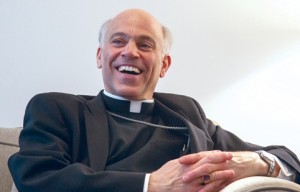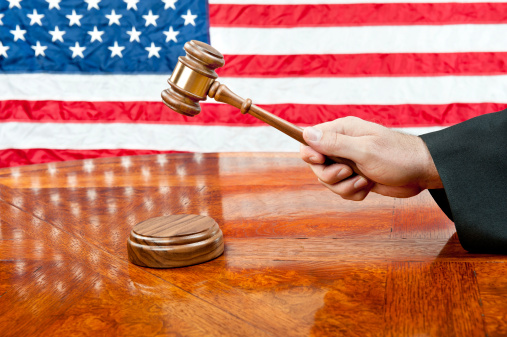Matthew Franck writes about the weakening of the legal case for same-sex marriage after the political movement scores its first victories:
"...same-sex marriage advocates claim that gays and lesbians are politically powerless, unable to make headway in the normal channels of democratic decision-making at the polls and in legislatures, thus needing the aid of the judiciary. As Judge Jones noted in the Nevada case, this claim is refuted by recent history. The president of the United States opposes the Defense of Marriage Act and favors same-sex marriage. Legislatures in some states have established same-sex marriage, and in other states, civil unions. Moreover, Jones noted, the people of four states went to the polls in November to decide this question—and we know what the result was.
...notwithstanding their November victories, they are still leery of democracy in much of the country, even in blue New Jersey, where they have rejected a referendum idea floated by Governor Chris Christie.
But Judge Kay and Judge Jones are quite right. It is ludicrous to call gays and lesbians an oppressed and powerless minority in the United States at the end of 2012. This fact should weigh heavily in the Supreme Court’s deliberations." -- First Things "On the Square" blog





 "...The Prop. 8 case argues something much broader, however: It claims there is a fundamental right to same-sex marriage in the Constitution, and that any attempt to ban same-sex marriage violates the 14th Amendment. The Ninth Circuit's ruling was written so narrowly that if the Supreme Court had decided not to take the case, then the Ninth Circuit's decision would have affirmed the rights of same-sex couples in California alone. But if SCOTUS were to affirm the constitutionality of California's ban on same-sex marriage, the ruling could well apply to any such law nationwide.
"...The Prop. 8 case argues something much broader, however: It claims there is a fundamental right to same-sex marriage in the Constitution, and that any attempt to ban same-sex marriage violates the 14th Amendment. The Ninth Circuit's ruling was written so narrowly that if the Supreme Court had decided not to take the case, then the Ninth Circuit's decision would have affirmed the rights of same-sex couples in California alone. But if SCOTUS were to affirm the constitutionality of California's ban on same-sex marriage, the ruling could well apply to any such law nationwide. "...If the court does take up Perry, be afraid, be very afraid. Almost no one believes the Supreme Court is ready to get out ahead of American opinion on the question at Perry’s heart: Do same-sex couples have a fundamental right to marry under the U.S. Constitution?
"...If the court does take up Perry, be afraid, be very afraid. Almost no one believes the Supreme Court is ready to get out ahead of American opinion on the question at Perry’s heart: Do same-sex couples have a fundamental right to marry under the U.S. Constitution?
 Countering previous studies that found little difference between kids of same sex couples and those in a traditional marriage, a new report reveals that children of gay parents are 35 percent less likely to make normal progress in school that those living with their own married parents.
Countering previous studies that found little difference between kids of same sex couples and those in a traditional marriage, a new report reveals that children of gay parents are 35 percent less likely to make normal progress in school that those living with their own married parents. The U.S. Constitution - under which the action is brought - instructs that the several states must retain authority to establish different sets of laws best suited to their residents, whereupon Americans may "vote with their feet" by relocating to jurisdictions with legal codes that better suit them. Thomas Jefferson specifically warned that if the states ever became subsidiary jurisdictions of a uniform central authority, like the "Departments" of France, America would degenerate into a Bonapartist tyranny.
The U.S. Constitution - under which the action is brought - instructs that the several states must retain authority to establish different sets of laws best suited to their residents, whereupon Americans may "vote with their feet" by relocating to jurisdictions with legal codes that better suit them. Thomas Jefferson specifically warned that if the states ever became subsidiary jurisdictions of a uniform central authority, like the "Departments" of France, America would degenerate into a Bonapartist tyranny.

 "Mormon leaders unveiled a new website Thursday encouraging church members to be more compassionate in discussions about homosexuality.
"Mormon leaders unveiled a new website Thursday encouraging church members to be more compassionate in discussions about homosexuality.

 "The Supreme Court announced today that it will hear cases dealing with the definition of marriage during its current term.
"The Supreme Court announced today that it will hear cases dealing with the definition of marriage during its current term.



